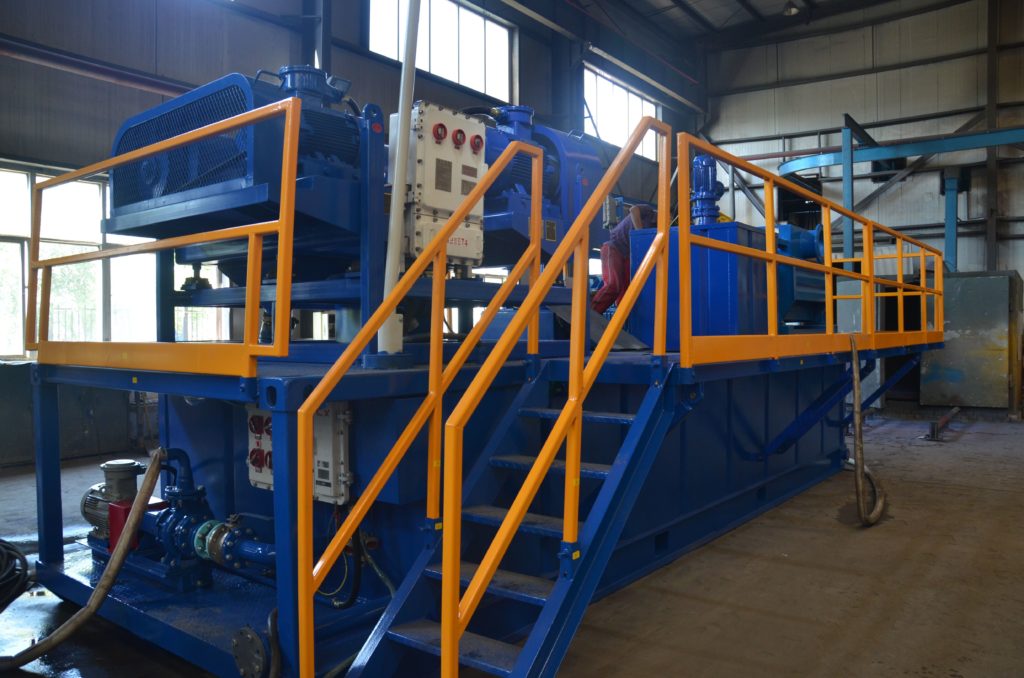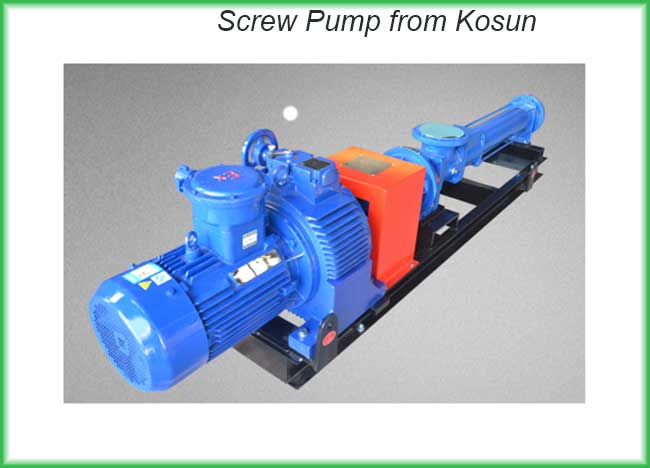Drilling Waste Management
Drilling Waste Management functions involves the various procedures of collection, containment and handling of the waste followed by a proper method for its disposal.
Drilling waste is the byproduct or unwanted matter generated as a result of drilling activities done for the extraction of precious fuels. Gas and oil are the most common products obtained from drilling and the byproducts include both of solid and fluid nature.
However, it is not the nature of the waste that worries us, but the effect it has on our environment and Mother Nature. So scientists have classified these wastes into two categories, acceptable and non acceptable.
This helps us identify each type of drilling waste and how dangerous it can turn out to be is not properly managed and disposed. Thus the importance of drilling waste management and drilling waste disposal method is an idea that is of very high relevance to the present era.

A successful drilling operation requires this aspect to be well taken care of. As a result, many private and public organizations undertaking these activities have turned to green and eco friendly means for making the activity a more sustainable and conservative one. Today there are several effective methods for proper waste disposal which are also put to best use.
Drilling waste management system involves with below products: Vertical Cuttings Dryer( Vertical Centrifuge), D Series Decanter Centrifuge , Screw Pump ……
The drilling waste generated as a result of all these activities are first separated from the desired quantity of matter by suitable methods. Conventional processes like settling and filtering where used for quite a long time since its introduction. But with advancements in technology, the facilities will also improve and this resulted in yet another technique that takes care of this separation procedure mechanically.
This separated waste is isolated and stored in some proper tanks and is later transported for proper disposal. Drilling waste is sometimes converted into more useful products. Agricultural fertilizers is an example for such a product.


